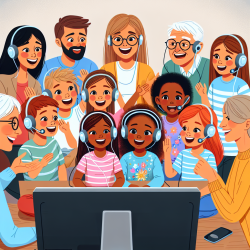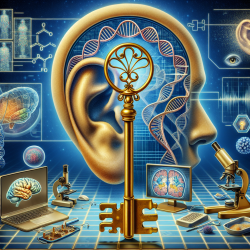Social Skills Training (SST) stands as a pivotal component in the support framework for individuals with Autism Spectrum Disorder (ASD). Designed to enhance social interactions and communication, SST serves as a structured approach that targets specific social skills through adult-directed instruction. This training can be effectively implemented in both individual and group settings, accommodating a wide range of developmental stages from preschool to high school.
Understanding Social Skills Training
SST refers to any structured teaching method aimed at improving social skills. It often involves group or individual sessions where learners engage in facilitated practices within classroom settings. Occasionally, peer-mediated instruction is integrated, allowing peer models or tutors to assist in reinforcing these targeted skills.
According to the National Professional Development Center on ASD, SST meets the rigorous criteria for evidence-based practice. This is supported by eight single-case design studies and seven group design studies that demonstrate its effectiveness across various age groups and settings.
The Evidence Behind SST
The practice of SST has been shown to yield significant improvements in social competence among learners with ASD. The evidence base highlights its effectiveness in addressing outcomes related to social interactions, communication, behavior regulation, play, and cognitive development. These benefits are applicable across a broad age range, from preschoolers aged 3-5 years to high school students aged 15-22 years.
Implementing Social Skills Training
SST is versatile and can be employed by a variety of professionals including teachers, special educators, speech-language pathologists, counselors, and psychologists. Sessions are typically conducted in schools, clinics, or community-based settings. Importantly, parents and family members play a crucial role in supporting the generalization of learned skills by encouraging practice at home.
The implementation process involves several key steps:
- Planning: Decide between individual or group training formats based on the learner's needs and resources available.
- Assessment: Conduct assessments to identify the learner’s current social skills and areas for improvement.
- Lesson Content: Develop lesson plans that address specific social skills tailored to the needs of the learner.
- Instructional Strategies: Use a variety of strategies such as direct instruction, modeling, role-play, and reinforcement to teach new skills.
- Generalization Support: Facilitate opportunities for learners to apply new skills across different settings and with different people.
The Impact of SST
SST not only enhances immediate social competencies but also promotes long-term behavioral improvements. By providing structured opportunities for practice and reinforcement, learners can achieve better integration into various social environments. Furthermore, SST empowers learners by improving their ability to interact effectively with peers and adults alike.
For more information on implementing Social Skills Training as an evidence-based practice for ASD support, please follow this link.










